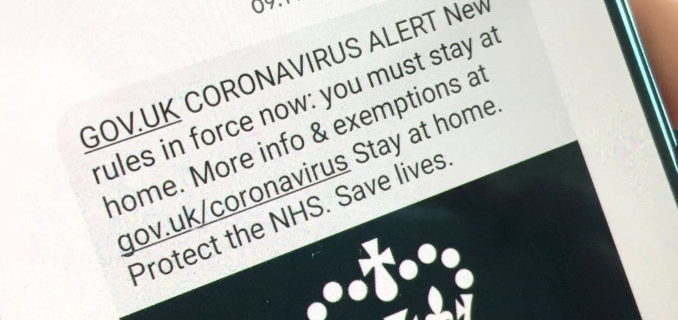The government shifts language in response to the Delta variant, urging a heightened level of awareness.
A year ago, the UK government told citizens to “stay alert” to potential Covid-19 risks, a phrase that has since been swapped out for “vigilant” amid concerns over the Delta variant. But what’s the difference between staying alert and being vigilant?
The term “vigilant” stems from the Latin word vigilare, meaning “to stay awake.” While “alert” suggested a general state of awareness, “vigilant” carries a stronger connotation of active, sustained concentration. This shift in language reflects the growing urgency as the Delta variant threatens to disrupt the country’s plans to end lockdowns.
In the past, “vigilance” was linked to intense focus, and historically, it’s associated with both religious observance and secular duties like security. However, there’s a risk in becoming too focused on vigilance—after all, the word has connections to “vigilante” behavior, which can imply suspicion and unwarranted action. Despite the government’s call for vigilance, some wonder if this heightened awareness could verge on unnecessary or even excessive monitoring.








